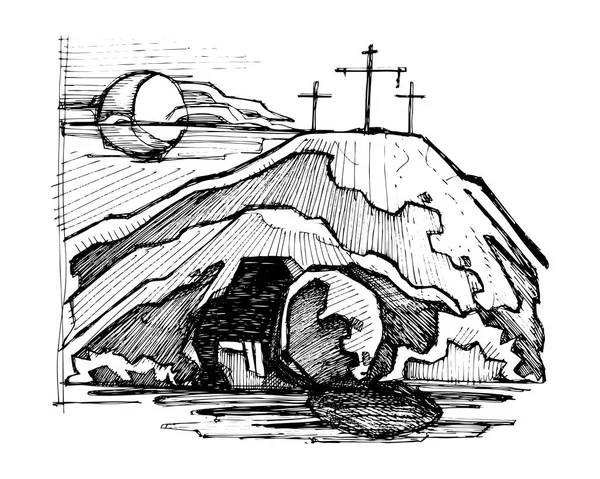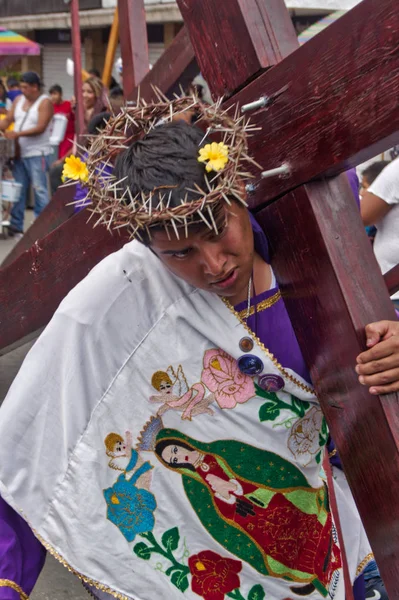What does Holy Week mean? Traditions and keywords in Spanish / 5 minutes of Spanish - English version + Podcast
How are you? Good morning, good afternoon, or good evening, depending on where you are or what time you're listening.
Welcome to Five Minutes of Spanish in the Middle of the Week. Today we're going to talk about a very special time in many Spanish-speaking countries: Holy Week.
Typically, Holy Week is a time of religious celebrations that commemorate the passion, death, and resurrection of Jesus.
So, is it a Catholic holiday?
Yes, and although not everyone in Latin America is observant, this week is very culturally important. In Mexico, for example, it coincides with a two-week school holiday.
It's a week with a lot of tourism and travel, so we want to share with you some typical words used during this time.
Let's go over those key words of Holy Week (with their translations)!
We start with "sacrificio" (sacrifice). It's a word believers use to talk about Jesus' sacrifice on the cross.
Believers talk about the sacrifice of Jesus on the cross.
Another very common word is "Passion of Christ." It's also an easy-to-recognize cognate.
And of course, processions. These are religious events where people walk through the streets to remember Jesus' passion.
In many places, like Mexico, the processions are impressive. There are candles, music, religious statues... a true collage of tradition, color, and faith.
Two more Christian words:muerte (death) y resurrección (resurrection).
El viernes santo se recuerda la muerte de Jesús.
On Good Friday, the death of Jesus is remembered.
Y el domingo de Pascua, los cristianos celebran la resurrección.
On Easter Sunday,
Christians celebrate the resurrection.
Fun fact: Passover is also a Jewish holiday. And today, many people, regardless of religion, celebrate by eating
chocolate, conejitos
y huevos de Pascua.
Chocolate, Easter bunnies, and Easter eggs.
¿Y los verbos típicos de Semana
Santa?
:Rezar – to pray
Los creyentes rezan en Semana Santa — Believers pray during Holy
Week.
Ayunar – to fast
Ayunar era una práctica común según el Antiguo Testamento.
Fasting used to be a
common practice, according to the Old Testament.
Hoy en día, el jueves santo algunas personas todavía hacen ayuno.
No se come carne de res, cerdo ni pollo… pero sí pescado.
And what fish dishes! Fasting is tastier than we think. But that's a topic for another podcast...
Fun linguistic fact: the word "breakfast" comes from "des-ayuno," meaning "to break the fast." Just like in English: "break-fast."
Another commonly used verb is "campar" – to go camping.
Another verb is "comer"…or to celebrate with Easter eggs or Easter cake.
And also...study Spanish! How are you doing? Congratulations!
Thank you so much for listening.
Happy Easter!




Comentarios
Publicar un comentario